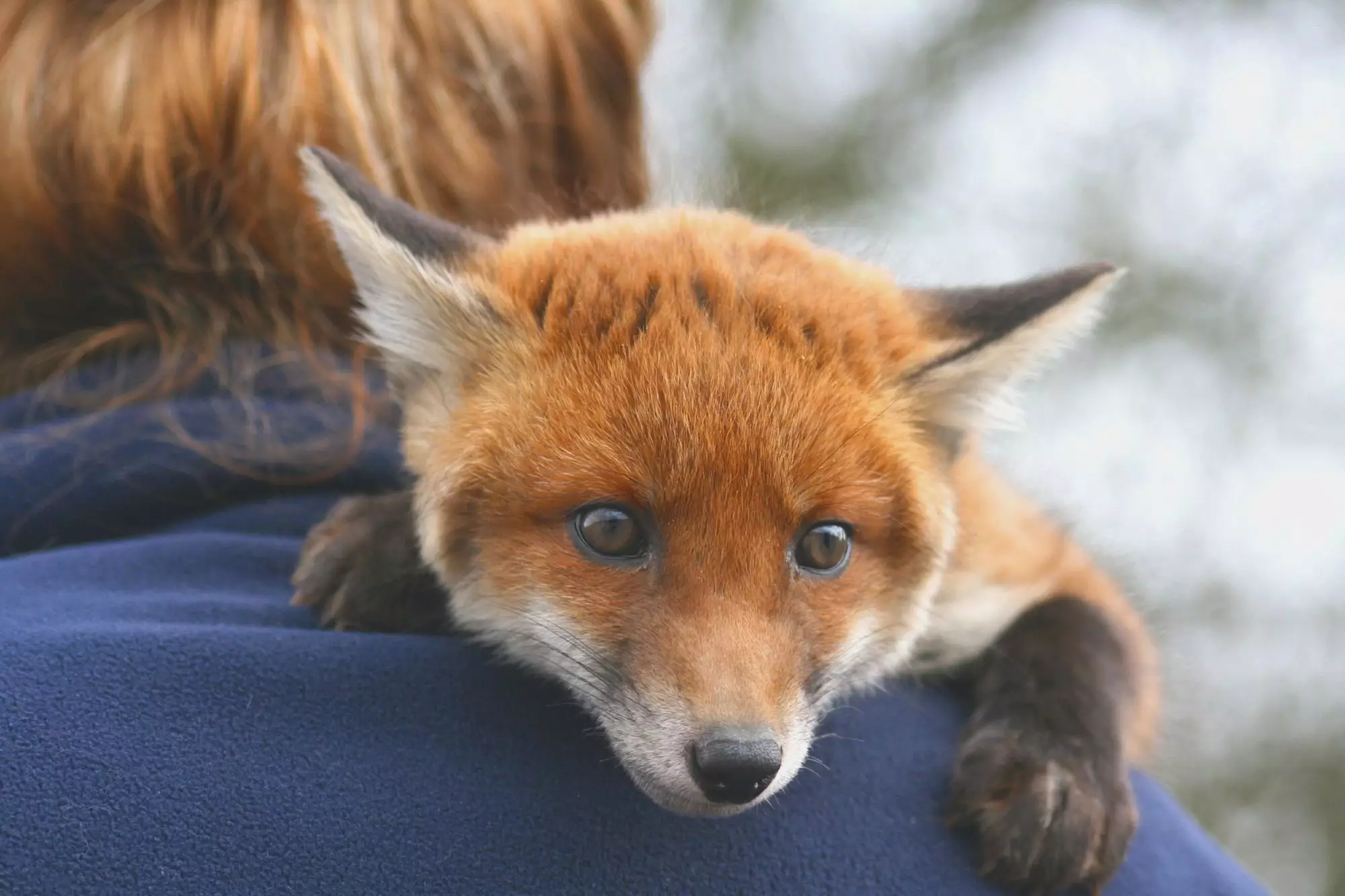Keeping a pet fox may seem like an exotic choice, but understanding its dietary requirements is crucial to ensuring its health and well-being. Foxes, being omnivores, share certain dietary similarities with domesticated pets such as dogs and cats. However, their unique nutritional needs necessitate a thoughtful and careful approach. This article aims to demystify the intricacies of feeding a pet fox, focusing on the essential components that should make up their diet.
Foxes possess an omnivorous diet in the wild, which means they consume both animal and plant matter. In their natural habitats, they typically hunt smaller mammals like rodents, which provide a rich source of protein. A well-balanced diet for pet foxes should mirror this by incorporating various nutrients found in their natural food sources. This includes vitamins and minerals, along with protein from meat and vegetables. The key is to formulate a diet that is as close as possible to what they would naturally consume while taking advantage of the convenience that domesticity provides.
Commercial Fox Food: The Foundation of Their Diet
One of the easiest ways to ensure your fox receives the nutrients it needs is to invest in formulated fox food. These products often contain taurine, a crucial amino acid, essential for the health of your pet. It is particularly beneficial considering many owners might not prepare their fox’s diet from scratch. Commercial diets are designed to meet the general nutritional needs of foxes, providing balance without the inconvenience of hunting or extensive food preparation. Special attention should be given to the specific needs of different fox species, such as fennec or red foxes, as their dietary preferences can vary.
The foundation of a fox’s diet should be protein, which can be sourced from various animal items. In captivity, offering pre-killed prey such as mice, small rats, or even chicks can provide the necessary protein levels for your pet fox. While fennec foxes tend to favor smaller rodents, larger fox species may enjoy more substantial meals like rats or rabbits. Additionally, insects like mealworms, crickets, and beetles should be incorporated, as they play a significant role in the natural diet of foxes, supplying essential nutrients and variety.
Raw vs. Cooked: The Debate
A contentious issue among fox owners is whether to feed raw meat. On one hand, proponents argue that raw diets mimic natural hunting behavior and provide essential nutrients in their entirety, including bones, organs, and muscle. On the other hand, there are concerns about pathogens and the potential risks associated with feeding raw diets. If deciding to go the raw route, ensure that the diet comprises whole prey items instead of singular cuts like chicken breast. Consultation with an exotic veterinarian is recommended to navigate this complex topic safely.
The Role of Vegetables and Fruits
Incorporating vegetables into a fox’s diet is equally important. Offer small portions of bite-sized vegetables daily; these can include frozen mixed vegetables or cherry tomatoes. However, moderation is key; too many vegetables can lead to undigested matter in your fox’s stool. Unlike vegetables, fruits should be treated as occasional treats—favorites include berries and cherries. However, caution is necessary with cherries, ensuring that they are de-pitted, and avoiding harmful foods such as grapes and raisins, which have been linked to kidney damage.
Interestingly, foxes do not consume grains in their natural diets. Instead, they obtain their carbohydrate needs through the small prey they eat, such as mice that consume grains. It’s crucial to avoid incorporating grains like wheat and rice in their diets and focus instead on the carbohydrates sourced from the fruits and vegetables provided.
The Essential Nutrient: Taurine
Taurine is vital for the overall health of your pet fox and can be found in formulated fox foods and certain types of animal tissue. If your chosen diet lacks taurine, supplementation may be required, but doing so should always follow a vet’s advice. The composition of their diet should emphasize whole foods that prevent deficiencies and support health in the long run.
Feeding a pet fox isn’t just about satisfying hunger; it requires an understanding of their unique dietary needs and preferences. By providing a balanced diet that replicates their natural intake as closely as possible, you set the stage for a healthy and happy life for your pet. Always consult with a veterinarian specializing in exotic pets when you have uncertainties regarding dietary choices. Remember, their health is your responsibility, and informed decisions will foster a robust, thriving pet fox in your care.

